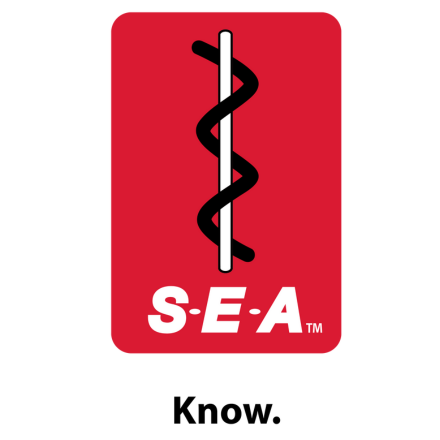Tort Reform Louisiana House Bill 57(JANUARY 19, 2021) - On January 1, 2021, Louisiana’s Tort Reform legislation which was signed into law by Governor John Bell Edwards, went into effect and applies to causes of action arising after that date. The new laws cover the following topics: 1) Lowering the jury verdict threshold to $10,000 2) Excluding the existence of insurance coverage from the jury 3) Limiting medical expenses to the amount actually paid with the court awarding the claimant 40% of the difference between the amount billed and the amount paid provided the award is not unreasonable 4) Repealing the statute that prevented evidence of plaintiff’s failure to wear a seat belt to prove comparative fault Jury Trials: Previously a jury trial was only authorized when the amount in controversy exceeded $50,000. The new law reduces the threshold for a jury trial to $10,000. Under the new law if a plaintiff stipulates or otherwise judicially admits that the amount in controversy exceeds $10,000 but is less than $50,000, a party requesting a jury trial must provide a cash deposit in the amount of $5,000. Previously the jury bond was fixed by the court and due no later than 60 days prior to trial. Exceptions may need to be filed prior to answering to determine the amount in controversy where the petition does not specify that the amount in controversy exceeds $10,000 but is less than $50,000. Evidence of Liability Insurance: The new law provides that the existence of insurance coverage shall not be communicated to the jury. The law retains the prior language that although a policy of insurance may be admissible, the amount of coverage under the policy is not communicated to the jury unless the amount of coverage is a disputed issue for the jury to decide. There are three exceptions to the new law prohibiting evidence of the existence of a liability insurance policy: 1) if there is a factual dispute related to coverage for the jury to decide; 2) if the existence of insurance coverage would be admissible to attack witness credibility; or 3) if the cause of action is brought against the insurer alone under the direct action statue or bad faith is alleged. However, even under the new law, in all cases brought against an insurer the court shall read instructions to the jury that there is insurance coverage for the damages claimed by the plaintiff at the opening and closing of the trial. Past medical expenses (collateral source): The new law provides that where a claimant’s medical expenses have been paid, in whole or in part, by a health insurer or Medicare, the claimant’s recovery of medical expenses is limited to the amount actually paid or owed by the claimant and not the amount billed. However, the court must award 40% of the difference between the amount billed and the amount actually paid, unless the defendant proves this would make the award unreasonable. The limitation to the amounts paid includes any amounts remaining owed to a medical provider, including medical expenses secured by a contractual or statutory privilege, lien, or guarantee. In a jury trial, the plaintiff can still present evidence of the amounts billed and only after a verdict is rendered can a defendant present evidence to limit the recovery pursuant to the new law. During the trial the jury is only informed of the amount billed. Whether any person, health insurer, or Medicare has paid or agreed to pay in whole or in part any of the medical expenses is not disclosed to the jury. The new law codifies the Louisiana Supreme Court’s decision in Bozeman v. State, 879 So.2d 69 (La. 7/2/04) and states that in cases where medical expenses were paid by Medicaid, recovery is limited to the amount actually paid to the provider by Medicaid. The new law also codifies the Louisiana Supreme Court’s decision in Simmons v. Cornerstone Investments, LLC, 252 So.3d 491 (La. 5/8/19) and states that in cases where medical expenses were paid pursuant to Louisiana Worker’s Compensation Law, recover is limited to the amount paid under the medical payment fee schedule. Seat Belt: Prior law provided that the failure to wear a seat belt was not admissible to mitigate damages. This section has been repealed and allows for the admission of evidence of the failure to wear a seat belt. Our firm participated in meetings with state Senators, presented topics at the Property and Casualty Insurance Committee meetings in Baton Rouge, LA, and drafted some of the proposed legislation. This is a positive step forward in a lengthy and ongoing process of tort reform measures in Louisiana which we hope to continue to progress through our efforts. – (Perrier Lacoste Attorneys at Law) |













